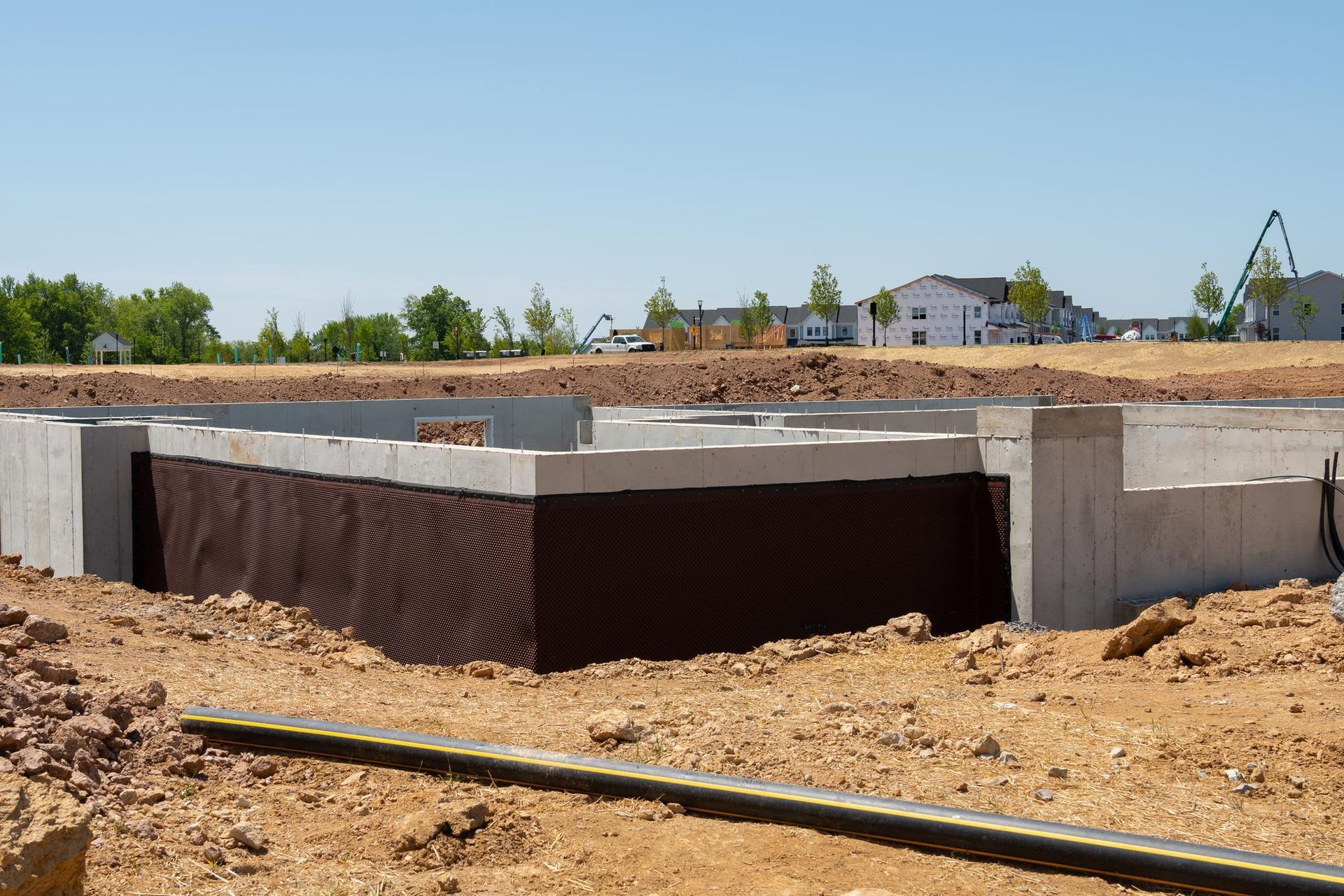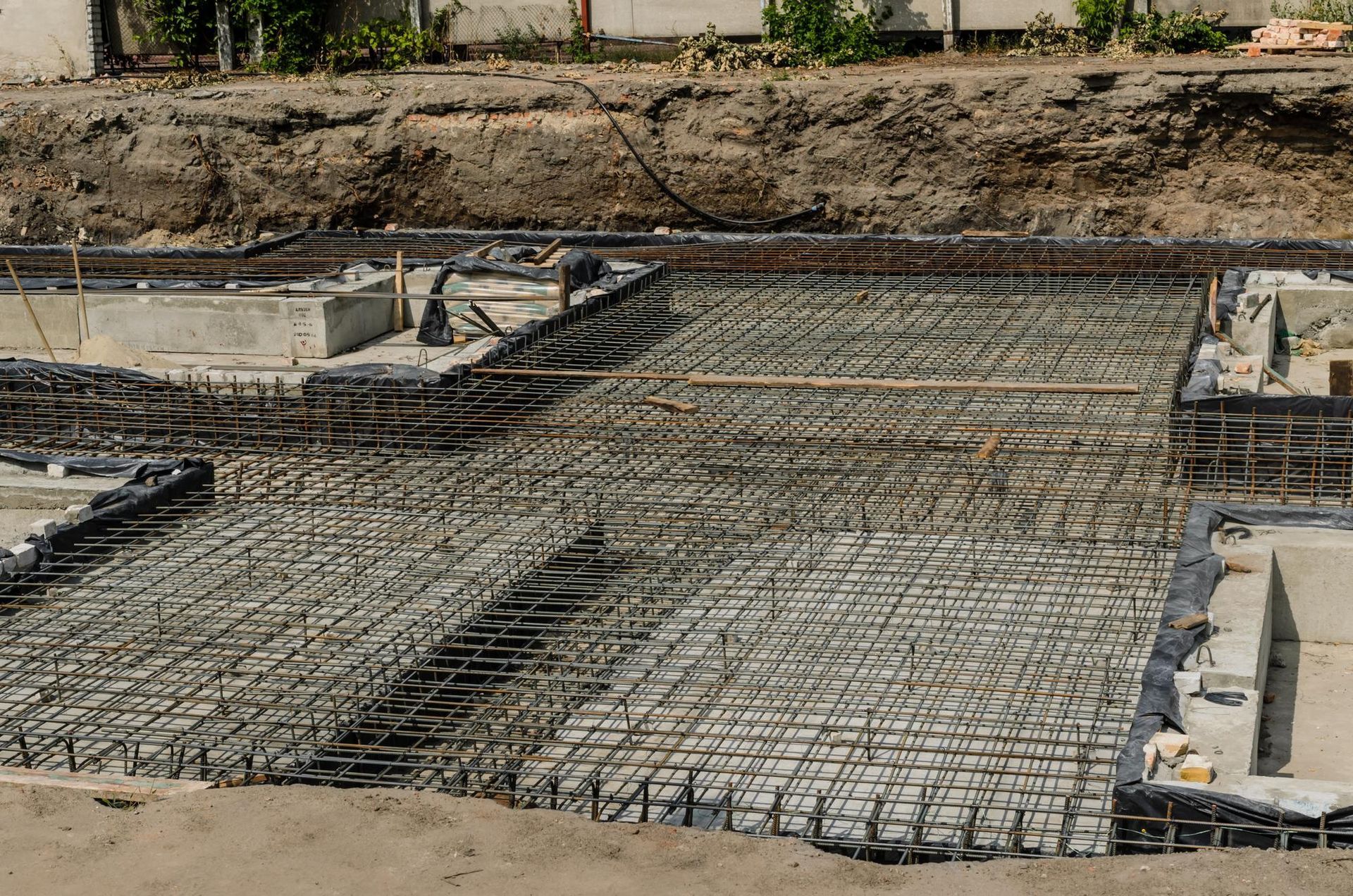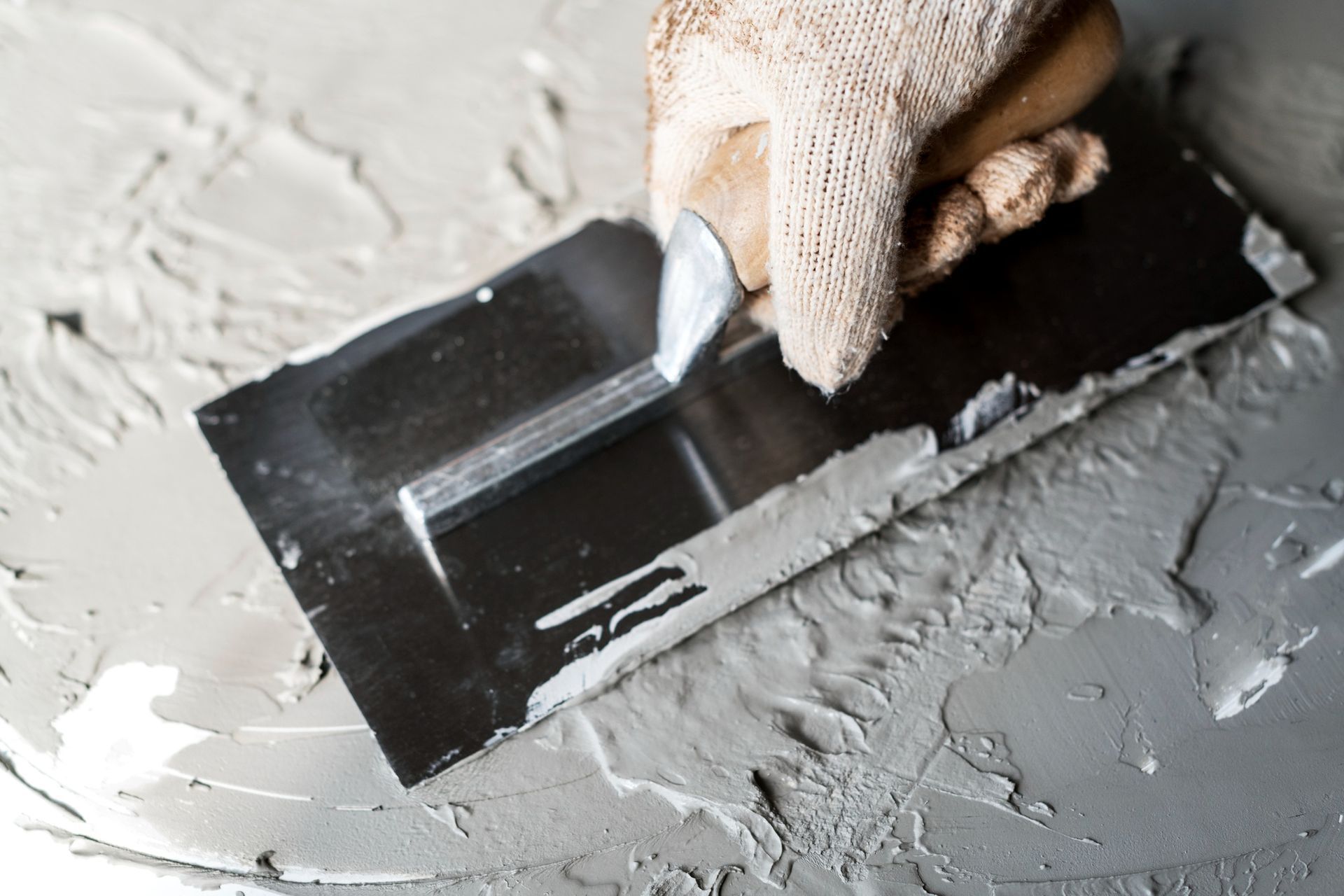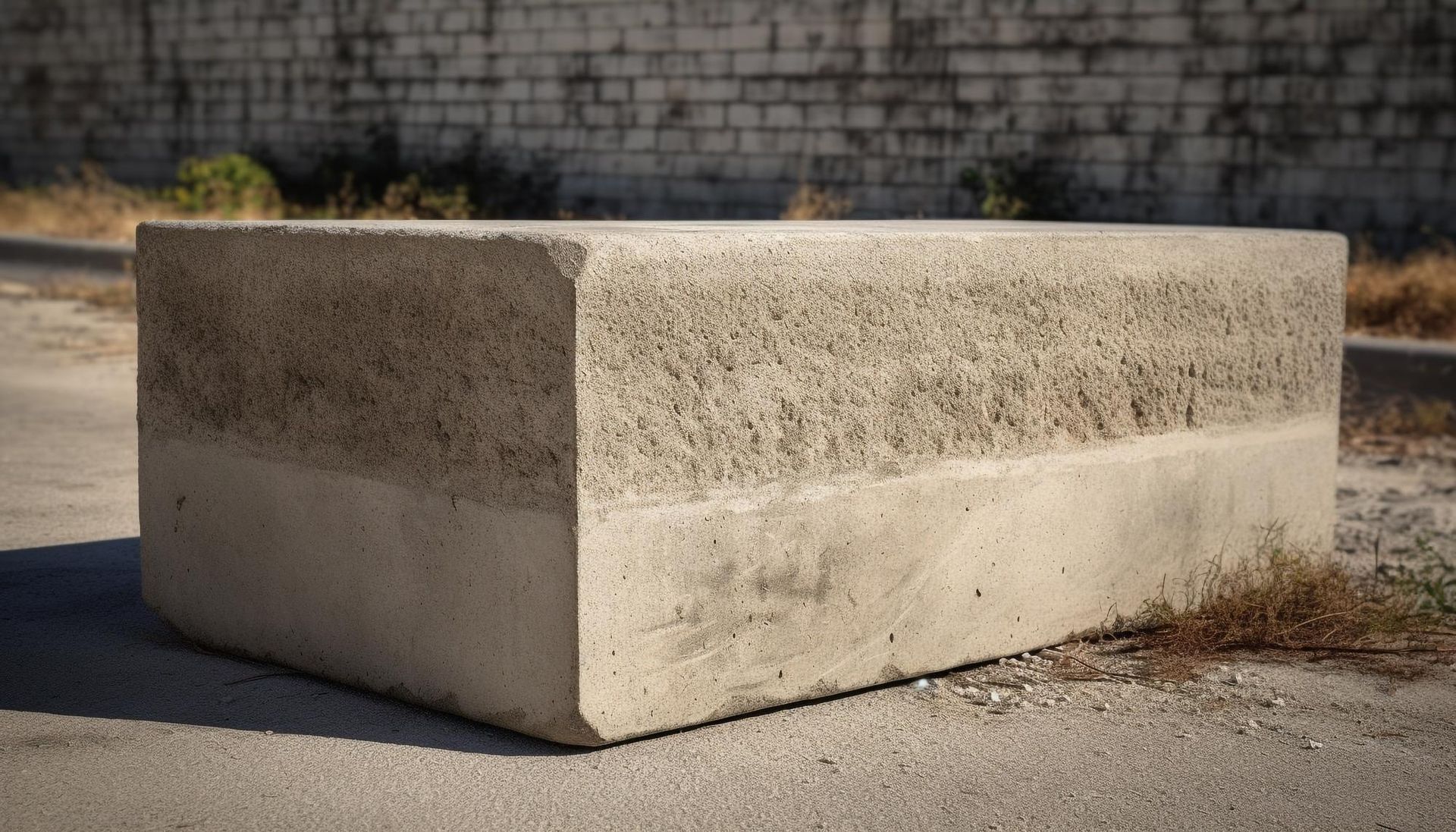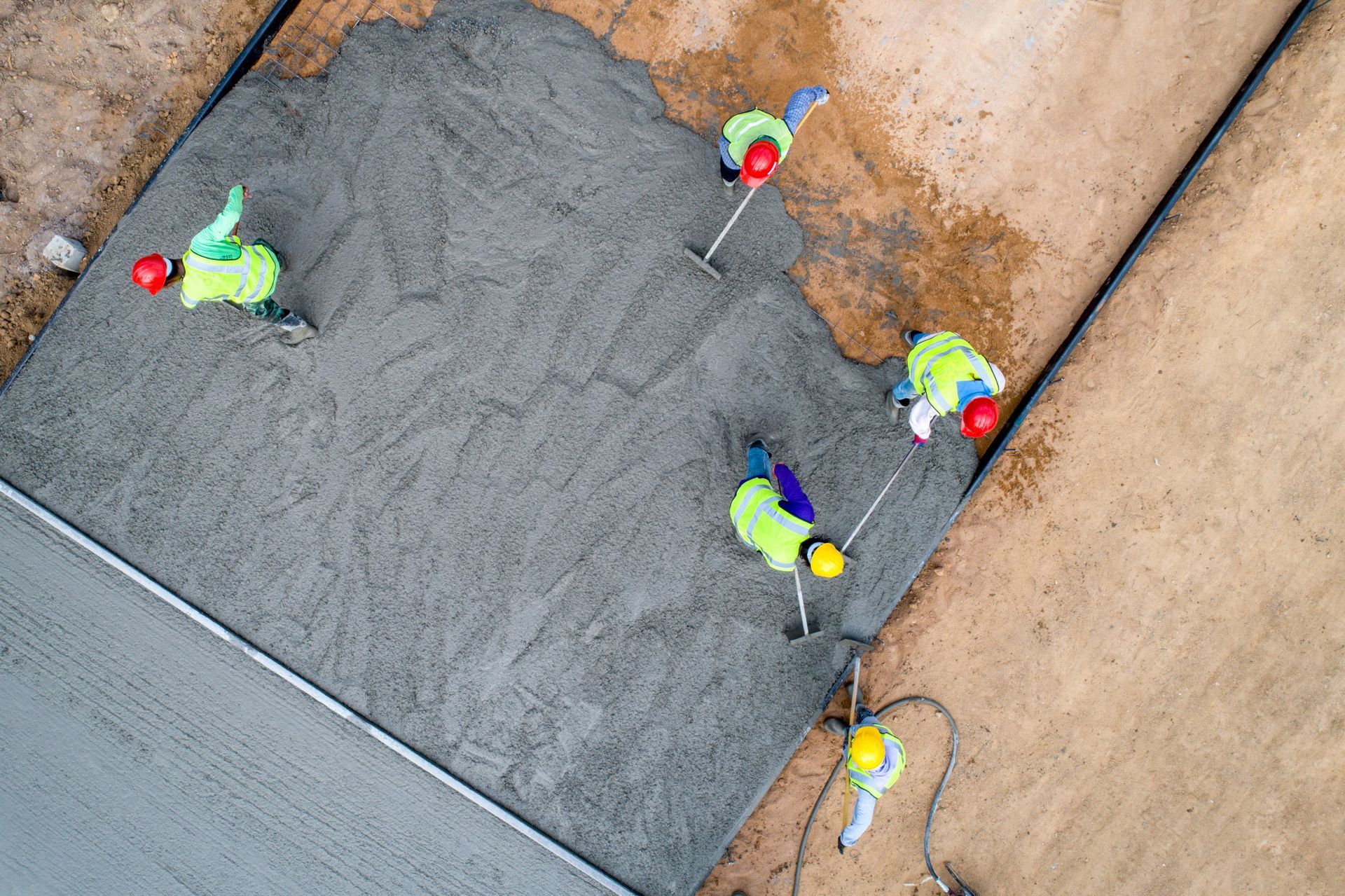Choosing the Best Foundation Contractors Near Me: Top 5 Tips
When you're facing foundation issues, finding the best foundation contractors near me becomes a top priority. After all, your home's foundation is crucial to its structural integrity, and you want the best professionals for the job. But how do you go about choosing the right contractor? In this guide, we'll explore the top 5 tips to help you make an informed decision and ensure your home's foundation is in capable hands.
5 Tips When Choosing the Best Foundation Contractors Near Me
Tip 1: Research and Local Reputation
When it comes to selecting the right foundation contractor for your project, thorough research and a solid understanding of their local reputation are essential. Here's a more detailed look at how to approach this crucial first step:
Online Research
Start your research by harnessing the power of the internet. Use search engines, contractor review websites, and social media platforms to identify foundation contractors operating in your area. Google, Yelp, Angie's List, and the Better Business Bureau are excellent places to begin your search.
Pay close attention to online reviews and ratings. These can provide valuable insights into the quality of a contractor's work and their reputation within the community. Look for patterns in the feedback – are there consistent complaints or praise about specific aspects of their service?
Seek Personal Recommendations
In addition to online research, reach out to your network for personal recommendations. Friends, family members, neighbors, and colleagues who have had foundation work done on their homes can be a valuable source of information. They can share their experiences, including the strengths and weaknesses of the contractors they worked with.
Personal recommendations often come with valuable context that you might not find in online reviews. You can ask about the contractor's communication skills, punctuality, workmanship quality, and adherence to timelines and budgets.
Local Contractor Directories
Check local contractor directories, home improvement magazines, or community bulletin boards for listings of foundation contractors near you. These directories often provide contact information and brief descriptions of the services offered by each contractor.
While browsing these directories, keep an eye out for contractors who have been in business for an extended period. A long history of service can be an indicator of a stable and reputable contractor.
Investigate Their Website
Visit the websites of potential foundation contractors. A professional and informative website can reflect the seriousness and commitment of a contractor to their trade. Look for details about their services, credentials, certifications, and past projects. The website can also serve as a platform for them to showcase their expertise.
Local Reputation and Word of Mouth
A strong local reputation is a treasure for any foundation contractor. Check with your local building department or construction industry associations to see if the contractor has received any awards, certifications, or recognition for their work. Such accolades can be indicative of their commitment to excellence.
Additionally, engage in conversations with your neighbors and community members. Ask if anyone has had recent experience with foundation contractors and if they can provide recommendations or warnings based on their interactions.
Red Flags to Watch For
While researching, be alert for any red flags that may indicate potential issues with a contractor. Some warning signs to watch for include:
- Multiple unresolved complaints or legal disputes.
- Lack of online presence or limited contact information.
- Contractors who pressure you to make quick decisions.
- Inconsistent or unreliable communication.
By conducting thorough research and assessing a contractor's local reputation, you can significantly increase your chances of finding the best foundation contractors near me. Remember that this initial step sets the foundation for a successful partnership with a trustworthy contractor who will ensure the stability and safety of your home's foundation.
Tip 2: Verify Licensing and Insurance
When it comes to hiring the best foundation contractors near me, verifying licensing and insurance is a crucial step to ensure the legitimacy and professionalism of the contractors you consider. Here's a closer look at this essential tip:
Licensing
Licensing requirements for foundation contractors vary by location, so it's important to research the specific regulations in your area. Start by contacting your local building department or construction regulatory authority to determine the necessary licenses for foundation work.
When you're in contact with potential contractors, don't hesitate to ask them about their licensing status. A reputable contractor should readily provide their license number and information. Verify the license's validity with the issuing authority to confirm that it's current and in good standing.
Licensed contractors have typically met certain standards and undergone appropriate training, making them more likely to adhere to industry best practices. Hiring a licensed contractor provides you with a level of assurance that your project will be handled professionally and in compliance with local building codes.
Insurance
Insurance coverage is another critical aspect to consider when choosing a foundation contractor. Reliable contractors should carry two types of insurance:
- Liability Insurance: This insurance protects you in case of property damage or accidents that occur during the project. It covers the costs associated with repairs or replacements if any damage occurs as a result of the contractor's work.
- Workers' Compensation Insurance: Workers' compensation insurance is essential to protect you from liability if a worker is injured on your property during the project. Without this coverage, you could potentially be held responsible for medical expenses and other costs related to the injury.
Before finalizing your decision, request proof of insurance from the contractor. Ensure that the coverage is adequate and appropriate for the scope of your project. A reputable contractor will willingly provide this information, and you can even contact the insurance provider to confirm the policy's validity.
Tip 3: Ask for References and Past Work
To gain confidence in your choice of foundation contractor, it's essential to ask for references and assess their past work. Here's how to go about this:
Request References
A trustworthy foundation contractor should have a list of references readily available. These references are typically past clients who can provide insights into their experiences working with the contractor. Ask the contractor for several references, and don't hesitate to contact them.
When speaking with references, consider asking the following questions:
- How satisfied were you with the contractor's work?
- Did the project stay within the agreed-upon budget?
- Was the project completed on time?
- Were there any unexpected issues, and how were they handled?
- Did the contractor communicate effectively throughout the project?
- Would you recommend this contractor to others?
Evaluate Past Work
In addition to speaking with references, it's beneficial to evaluate the contractor's past work. Request photographs of completed projects that are similar in scope to yours. Review these images carefully to assess the quality of their workmanship.
If possible, visit some of the contractor's completed projects in person. This allows you to see the quality of their work up close and gauge whether it aligns with your expectations for your own project.
Check for Consistency
Pay attention to the consistency of the contractor's work. Do they have a track record of delivering projects that meet or exceed client expectations? Are there any recurring themes in the feedback from references or in your assessment of past work?
Consistency is a strong indicator of a contractor's reliability and ability to consistently provide high-quality results.
By taking the time to verify licensing and insurance and asking for references and past work, you can make an informed decision when selecting the
best foundation contractors near me. These steps will help you narrow down your choices and ensure that the contractor you ultimately hire is capable of delivering the quality and professionalism your project deserves.
Tip 4: Get Multiple Quotes and Contracts
To ensure you're getting a fair deal and the best value for your investment, obtain multiple quotes from different contractors. Each quote should outline the scope of work, materials, labor costs, and a timeline for completion. Comparing these quotes will give you a clear picture of the estimated costs for your project.
Once you've received quotes, review them carefully. Ensure that each contractor provides a comprehensive contract that specifies all the details of the project. The contract should include project milestones, payment schedules, and any warranties or guarantees offered.
Pay close attention to the contract terms and conditions. Make sure you understand all the obligations and responsibilities outlined in the agreement. If anything is unclear or seems amiss, don't hesitate to seek clarification or negotiate changes with the contractor.
Tip 5: Communication and Trust
Successful collaboration with your chosen contractor hinges on effective communication and trust. From the initial consultation to project completion, maintain open and clear lines of communication. A reputable contractor should be responsive to your inquiries, address your concerns promptly, and keep you informed throughout the project.
Trust is an essential component of any contractor-client relationship. You should have confidence in your contractor's abilities and integrity. Trust is built through transparency, reliability, and a history of delivering on promises. If you have any doubts about a contractor's trustworthiness, it may be wise to consider other options.
Conclusion
Choosing the best foundation contractors near me is a significant decision that can greatly impact your home's stability and safety. By following these top 5 tips – researching and assessing local reputation, verifying licensing and insurance, asking for references and past work, getting multiple quotes and contracts, and emphasizing communication and trust – you can make an informed choice that ensures the successful completion of your foundation project.
Remember, your home's foundation is a critical component of its structural integrity, and investing in the right contractor is an investment in your home's future. Don't rush the decision-making process; take the time to find a contractor who meets your criteria and provides the peace of mind you deserve.
One outstanding option for residents of North Collins, NY is
Bri-Mic Construction, Inc. You can reach them at
716-337-0500. They have a strong reputation for providing high-quality foundation services in the area.

